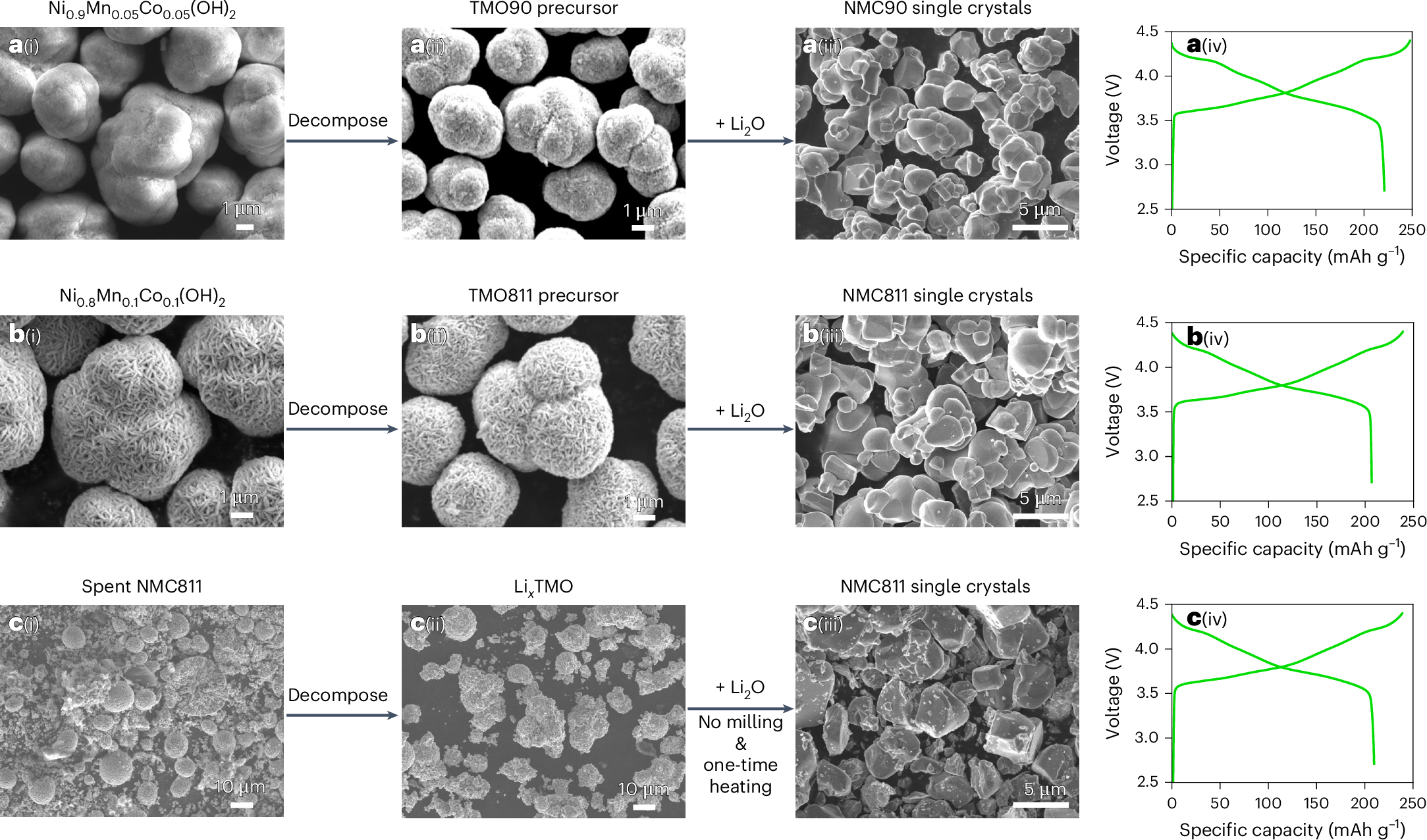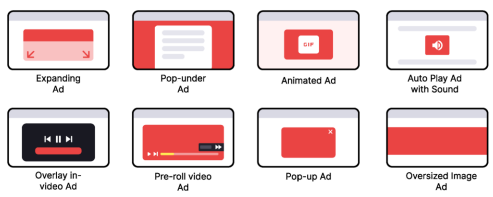2025-04-15 カナダ・コンコルディア大学
<関連情報>
- https://www.concordia.ca/news/stories/2025/04/14/new-concordia-research-shows-social-networks-are-vulnerable-to-relatively-simple-ai-manipulation-and-polarization.html
- https://ieeexplore.ieee.org/document/10858703
ソーシャルネットワークにおけるダブルディープQラーニングを用いた意見の極大化 Maximizing Opinion Polarization Using Double Deep Q-Learning in Social Networks
Mohamed N. Zareer; Rastko R. Selmic
IEEE Xplore Published:30 January 2025
DOI:https://doi.org/10.1109/ACCESS.2025.3537397

Abstract:
Social media networks, such as Facebook and X (formerly Twitter), have become crucial platforms for public discourse, but they also contribute to the rise of misinformation and opinion polarization. This polarization has profound social, economic, and political implications, making it a critical area of study. In this research, we investigate the impact of automated adversary agents on social media networks by introducing a novel approach using Double-Deep Q-learning reinforcement learning (RL) to deliberately increase polarization within social media networks. The RL agent requires minimal interaction with the system and can flexibly adapt to changes within the network, allowing it to effectively exploit structural vulnerabilities and amplify divisions among users. By learning how to influence the flow of information, the agent intensifies polarization and disagreement with fewer interventions compared to traditional methods. Through simulations and experiments with real-world datasets, we demonstrate that our RL-based approach significantly outperforms conventional techniques in escalating polarization. These findings underscore the risks posed by such techniques and the urgent need to develop safeguards against malicious manipulation of social media platforms by intelligent adversary agents.



